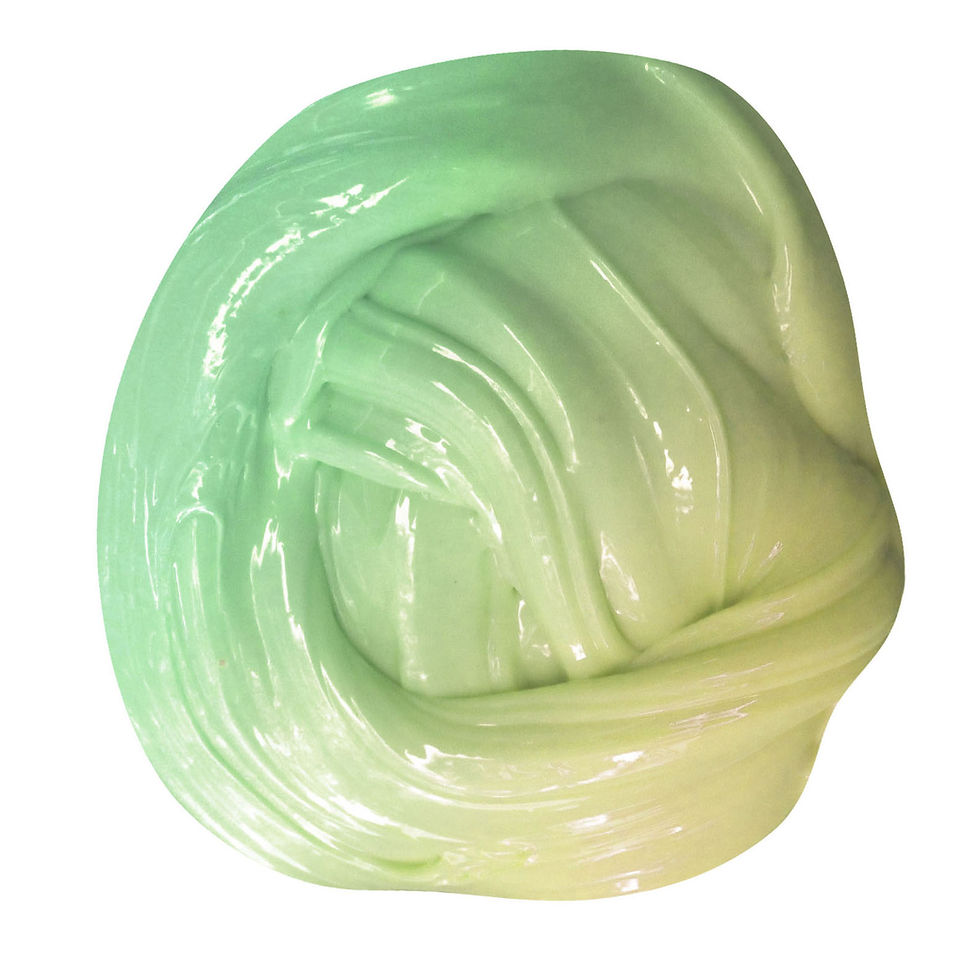
I have joined many groups and forums specifically targeting diet and digestion issues post gallbladder removal (cholecystectomy).
It has been interesting to see how people cope with post gallbladder removal digestive issues and comforting to know that I am not alone in my own personal struggles with digestive problems post-op.
I try to read several posts each day. I have had great success with my own personal diet overhaul and find myself drawn to specific posts where people are having great success with dietary changes to combat digestion issues.

The one thing I find disturbing about many of the posts is that a large majority of people do not seem to understand the "big picture" when it comes to thier diet and overall health after having a cholecystectomy.

Many people are living in fear of what specific foods they should or should not eat after thier cholecystectomy. I see questions about ice cream, pizza, steak, coffee, alcohol and the list goes on. I truly believe that most of these folks are asking the wrong questions.

Coming from the engineering world, I think the first set of questions we should be asking ourselves is as follows:
How does the human body process food?
What is the gallbladder's role in this process and more specifically, how does it work?
What happens when the gallbladder stops working or is removed?
What impact does this have on normal digestive processes?
What other physiological considerations are at play in how our bodies process food?
Knowing the answers to these questions, is there an optimal diet to pursue now that my gallbladder has been removed?
I personally believe that knowing the answers to these questions would help you to formulate a more successful approach in terms of mitigating or eliminating digestion issues after a cholecystectomy.

One of the main issues I encountered while trying to find the answers to these questions was understanding the scientific terminology contained within the research. My goal here is to provide you with the answers to these questions in terms that are more easily understood and hopefully a bit more entertaining!
So what does the gallbladder do and how does it work?
The gallbladder's main function is to store and concentrate bile, a digestive fluid produced by the liver. When we eat, the gallbladder releases bile into the small intestine to help break down fats and aid in digestion.
Another term that comes to the forefront in this discussion is the fun little four letter word, bile. What is bile?
Bile is a yellowish-green fluid that is produced by the liver and stored in the gallbladder. It contains water, bile salts, cholesterol, bilirubin, and other substances. Bile plays a crucial role in the digestion and absorption of fats. It helps to emulsify fats, which means it breaks down large fat molecules into smaller droplets, making it easier for enzymes to break them down further during digestion. Bile also helps in the absorption of fat-soluble vitamins and eliminates waste products from the liver.

That seems pretty easy to summarize:
"The gallbladder is a sack full of greenish yellow goo that helps breakdown fats in the small intestine during the digestive process."
What happens when the gallbladder stops working or is removed?
If you do not have a gallbladder, the digestion of fats can still occur, but the process may be slightly altered. The gallbladder stores and releases bile, which aids in the digestion of fats. Without a gallbladder, bile flows directly from the liver into the small intestine.
When you consume a meal that contains fats, the liver continuously produces bile and releases it into the small intestine. However, since there is no gallbladder to store and concentrate bile, the release may be less controlled. This means that there may be a constant low-level flow of bile, rather than a concentrated release after a meal.

The continuous flow of bile can still help in the digestion of fats, but it may take longer for the bile to break down the fats effectively. Additionally, some individuals may experience digestive symptoms, such as diarrhea or loose stools, after consuming a high-fat meal due to the absence of the gallbladder.
How should I balance my diet to work with my body now that my gallbladder has been removed?

To support fat digestion without a gallbladder, it is recommended to consume smaller, more frequent meals and to choose healthier fats that are easier to digest, such as olive oil or avocados. It's also important to consult with a healthcare professional for personalized advice and guidance.
If you do "laymen term research" as I have just done, the foregoing is what you will likely uncover and if you are like me, you basically gleaned that fat is bad so eat less of it and/or replace the fat in your diet with avacados and olive oil.

Great! Problem solved, I feel so much better knowing that the fat in my new diet needs to come from avacadoes and olive oil. I guess we do olive oil shooters with a slice of avacado in place of lemon or lime? I have heard the avocado donuts with olive oil glaze is to die for!
Obviously, this information is interesting regarding fat, but, does not really tell us what we need to know regarding the "complete diet" plan we should be following post cholecystectomy.
When I stumbled upon Wired to Eat by Robb Wolf, it was my first introduction to the term "gut health".
Gut health refers to the state of well-being and optimal functioning of the gastrointestinal tract. It involves maintaining a balance of beneficial bacteria in the gut, proper digestion and absorption of nutrients, and a healthy immune system. Good gut health is important for overall health and can "impact digestion", metabolism, immunity, and even mental health.
How does our gut work?
Stay tuned as we will delve into gut health in Part 2.
Thanks for reading......Paul


Opmerkingen